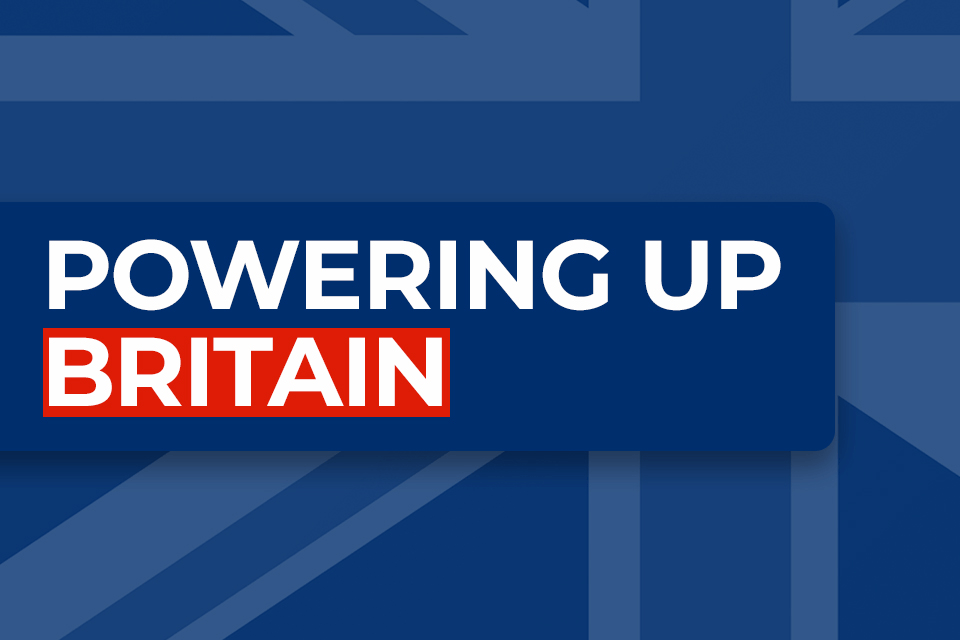In this BLOG, we explore the recent announcement from the Department for Energy Security and Net Zero, recognising the crucial link between the British Energy Security Strategy and the Net Zero Strategy.
As a Head of Member Services for CHIC, Vicki Clements was encouraged to delve into the recommendations and present the solutions CHIC offers to help lower the carbon footprint, reduce energy consumption, and improve thermal comfort for tenants in our member’s support.
In February 2023, the Prime Minister created a new Department for Energy Security and Net Zero, recognising the clear connection between British Energy Security Strategy and the Net Zero Strategy. Heightened by the current political climate and the need to provide British energy for British homes the government has reaffirmed its investment in alternative energy sources to deliver sustainable solutions for the UK.
On the 30th March 2023, this newly established department published a declaration paper detailing current observations and future ambitions in the “Powering up Britain” overview. This sets out the plans on how the government will strengthen our energy security, capture economic opportunities and deliver on our net zero commitments. This paper clearly details the link between Energy security and the pathway to net zero.
The powerful opening statement by Rt Hon Grant Shapps MP -Secretary of State for Energy Security and Net Zero, sets a great precedent for the ambitions of government to offer climate security for England through the energy market.
A particular focal point of this paper, for me, is:
“Reducing household bills by increasing energy efficiency: We are confirming plans for our new Energy Company Obligation scheme the Great British Insulation Scheme, extending help to a wider group of households. This will mean that around 300,000 of the country’s least energy efficient homes could save £300-£400 each year as part of a £1billion energy efficiency programme by March 2026. This will form part of our work to meet our 15% demand reduction target by 2030 which will not only help lower bills, but also support our net zero objectives. To secure the economic opportunities of the transition to clean heat, £30 million will be provided through the Heat Pump Investment Accelerator, leveraging up to £270 million of private investment into manufacturing and associated supply chains”.
Residential homes account for over 16% of carbon emissions. ¾ of those emissions can be attributed to inefficient domestic heating, coupled with poor insulation. This means properties need heating for longer to achieve thermal comfort and control moisture levels which can lead to damp and mould issues. In a time of increased energy costs, this is a recipe for impoverished living conditions for the less financially secure.
If you would like to discuss the CHIC DPS and Framework solutions that are available to help deliver Healthy Homes by lowering the carbon footprint, reduce energy consumption and emissions and improve thermal comfort for the tenants of your properties, please contact your designated Head of Member Service representative, assigned to support you with retrofit and decarbonisation solutions.
Vicki Clements (East) | [email protected]
Liam Gratty (West) | [email protected]
Jackie Leonard (Wales) | [email protected]
Joanne Heyes (North) | [email protected]
Stephen Sharman (London) | [email protected]
You can read this paper for yourself on the link below.
Powering Up Britain – Joint Overview (publishing.service.gov.uk)



